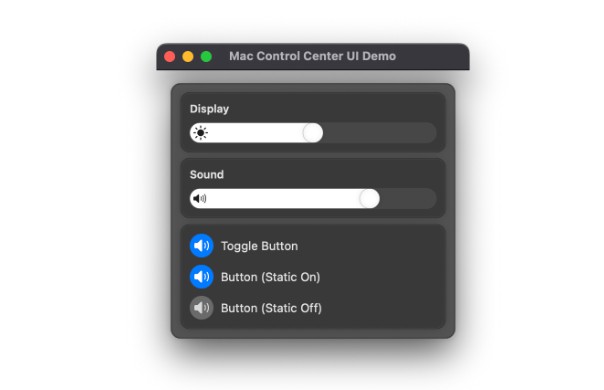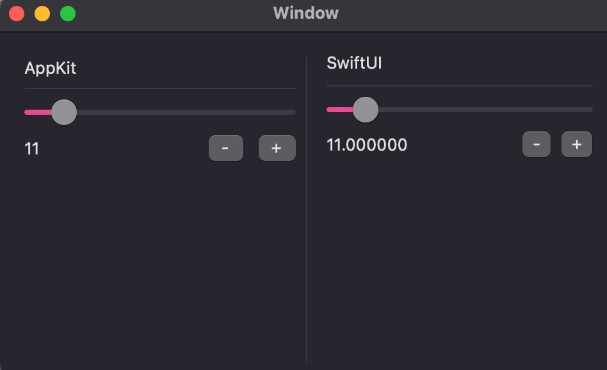AtomObjects for SwiftUI
AtomObjects is a lightweight state management library for SwiftUI. It allows building distributed shared states for SwiftUI applications with minimum boilerplate code.
Motivation
The main idea is to use small “decentralized” atom state primitives instead of a centralized store or data model. Atom objects easily allow pinpoint refreshes of SwiftUI views instead of trying to think out an efficient update strategy for bigger data models. Although it is not encouraged, you can always build more complex atoms with AtomObjects if necessary.
Installation
Swift Package Manager
Add “AtomObjects” dependency via integrated Swift Package Manager in XCode
Usage
The first step is implementing an atom class conforming to the AtomObject protocol:
final class EditingAtom: AtomObject {
static var `default` = EditingAtom(value: false)
// Published property wrapper is needed allowing to trigger value updates.
// Also, you can start update manually by calling objectWillChange.send() where appropriate.
@Published var value: Bool
init(value: Bool) {
self.value = value
}
}
Then you need to register your atom in a container:
// Register in the default container
extension AtomObjects {
var isEditing: EditingAtom {
get { return self[EditingAtom.self] }
set { self[EditingAtom.self] = newValue }
}
}
After that, you can use @AtomState wrapper in SwiftUI view, which will refresh view automatically when the atom is changed:
struct HomeView: View {
@AtomState(\.isEditing)
var isEditing
var body: some View {
Button {
isEditing.toggle()
} label: {
Text("Edit")
}
.popover(isPresented: $isEditing) {
EditorView()
}
}
}
If you only need to update the atom value without triggering refresh on view, you can use @AtomValue wrapper:
struct HomeView: View {
@AtomValue(\.isEditing)
var isEditing
var body: some View {
Button {
isEditing.toggle()
} label: {
Text("Edit")
}
}
}





